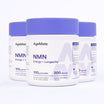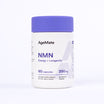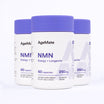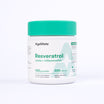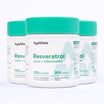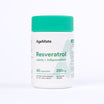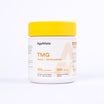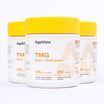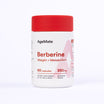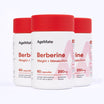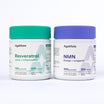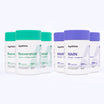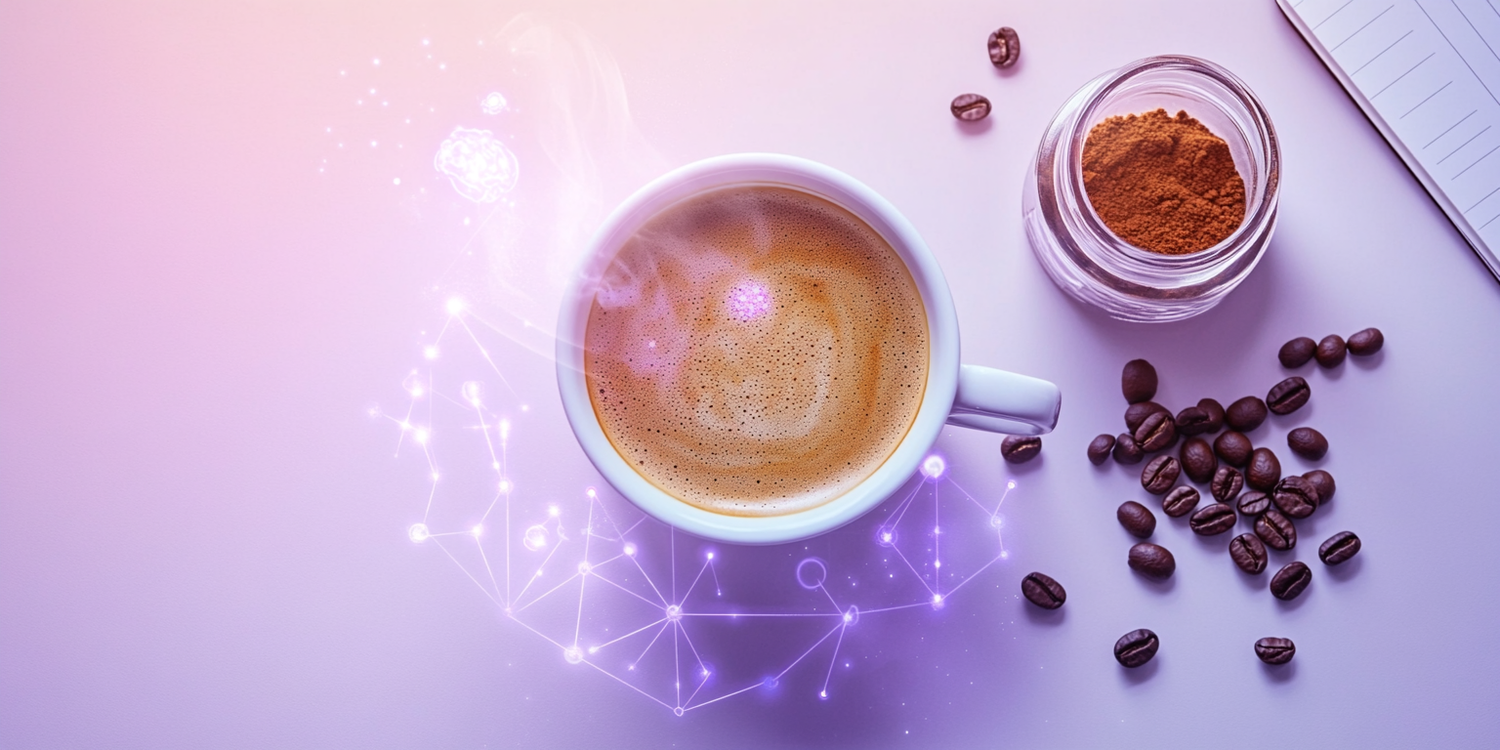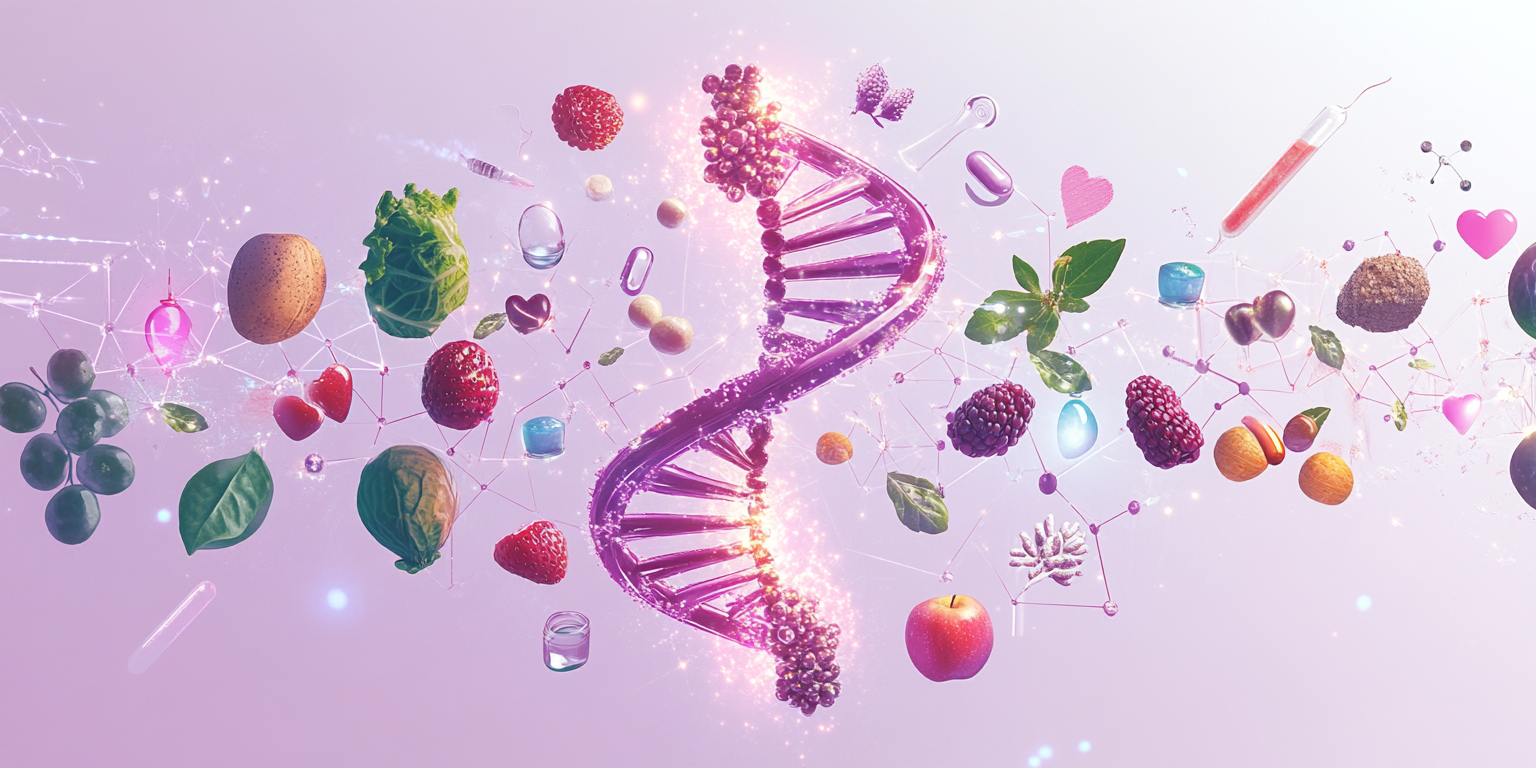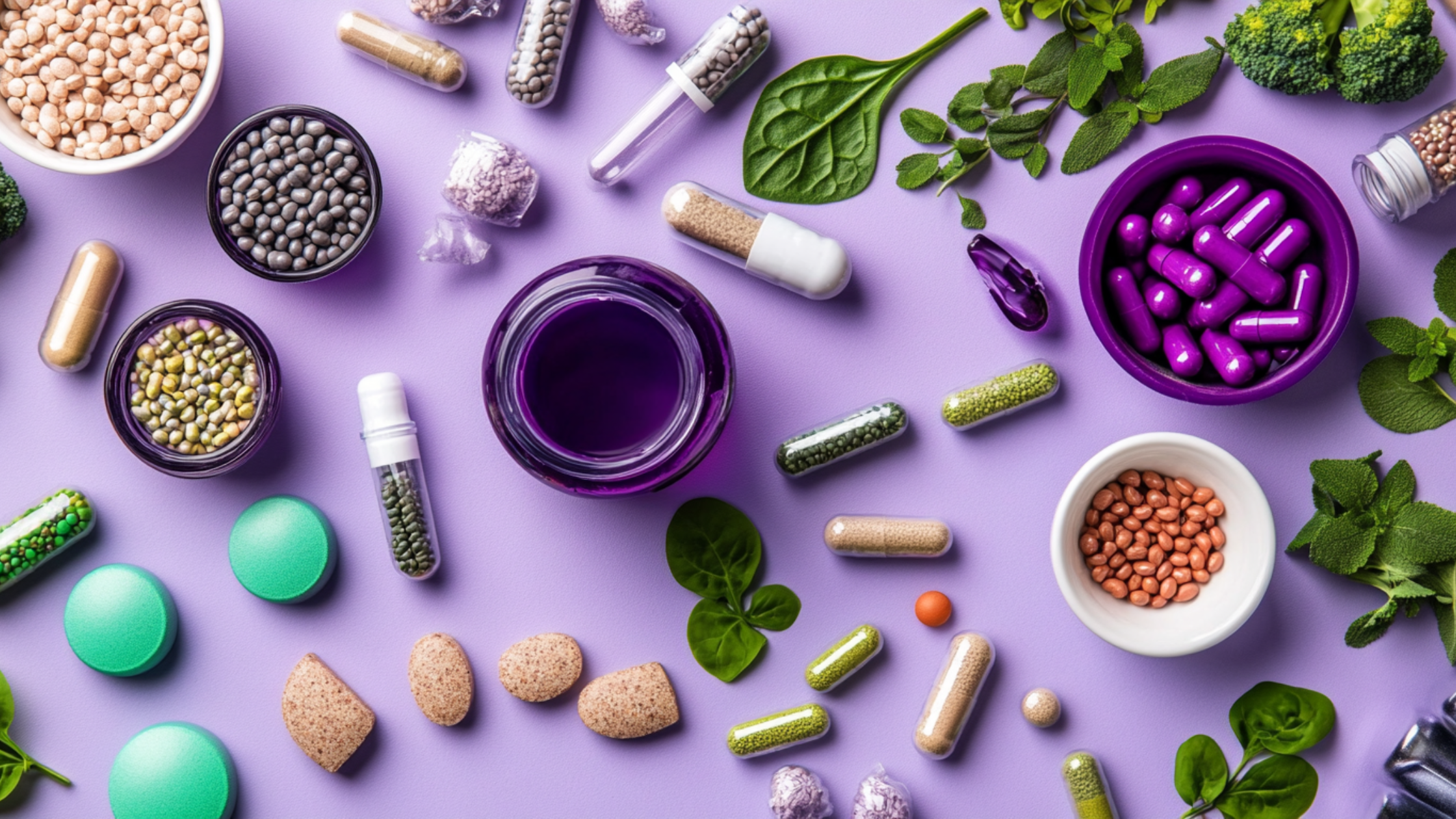Key Takeaways:
- Coffee provides an immediate energy boost by stimulating the central nervous system, while Lion’s Mane promotes long-term cognitive health by enhancing brain cell regeneration.
- Both coffee and Lion’s Mane contain antioxidants, but Lion’s Mane offers unique neuroprotective benefits that support healthy ageing and longevity.
- Combining coffee with Lion’s Mane could provide the ultimate brain fuel, delivering both short-term focus and long-term cognitive protection.
Australians consume around 1.96 kilograms of coffee per person each year, making it a daily staple for energy and focus. But did you know Lion’s Mane, a unique medicinal mushroom, is gaining traction as a natural nootropic for long-term brain health?
While coffee is celebrated for its immediate cognitive boost, Lion’s Mane offers deeper neurological support, helping to regenerate brain cells and support longevity. So, which one should you choose for optimal brain function? Let’s break it down.
How Coffee Enhances Brain Function
Caffeine binds to adenosine receptors, preventing adenosine from attaching to them. This blockage indirectly influences the release of key neurotransmitters, including norepinephrine, dopamine, acetylcholine, serotonin, glutamate, and GABA (gamma-aminobutyric acid). (R). By doing so, coffee:
✔️ Enhances alertness and reaction times
✔️ Boosts focus and concentration
✔️ Improves mood and mental clarity
This is why coffee is a go-to for early mornings, long workdays, and study sessions.

The Role of Antioxidants in Coffee
Beyond caffeine, coffee is one of the richest sources of dietary antioxidants, including chlorogenic acids, which help combat oxidative stress in the brain (R). This makes coffee more than just an energy boost—it also provides neuroprotection.
Can Coffee Improve Longevity?
Research suggests that moderate coffee consumption is linked to:
☕ Reduced risk of neurodegenerative diseases like Alzheimer’s and Parkinson’s (R).
☕ Lower mortality rates, likely due to its anti-inflammatory and antioxidant properties. Drinking one to three cups daily may reduce the risk of mortality compared to those who don’t consume any. (R).
☕ Improved telomere length, a marker of biological ageing (R).
However, too much caffeine (4 or more cups) can lead to sleep disturbances, anxiety, and increased cortisol levels, which may negatively impact ageing.
Lion’s Mane: The Mushroom for Long-Term Brain Health
Lion’s Mane (Hericium erinaceus) is a medicinal mushroom traditionally used in East Asian medicine. Unlike coffee, which provides an instant energy boost, Lion’s Mane works long-term by promoting brain cell regeneration (R).

Lion’s Mane and Neuroprotection
Lion’s Mane contains hericenones and erinacines, compounds that cross the blood-brain barrier and stimulate nerve growth factor (NGF) production (R). NGF plays a crucial role in:
🧠 Repairing and regenerating neurons
🧠 Enhancing memory and focus
🧠 Supporting emotional well-being
Anti-inflammatory Benefits of Lion’s Mane
Chronic brain inflammation contributes to age-related cognitive decline (R). Lion’s Mane combats this with potent anti-inflammatory compounds that:
✔️ Reduce oxidative stress in brain cells (R).
✔️ Support gut health, which is linked to brain function and longevity (R, R).
How Coffee and Lion’s Mane Support Longevity
Coffee’s longevity benefits come from its ability to (R):
- Reduce inflammation and oxidative stress.
- Lower the risk of metabolic diseases like type 2 diabetes and cardiovascular disease.
- Protect brain function by preventing cognitive decline.
However, excess caffeine (remember 4 or more) can increase cortisol (the stress hormone), which may accelerate ageing in some individuals.

Lion’s Mane and Longevity: A Powerful Ally
Lion’s Mane actively supports brain regeneration, offering unique longevity benefits (R):
- Protects against cognitive decline by stimulating NGF production.
- Improves gut microbiome health, which is crucial for immune function and longevity.
- Reduces chronic inflammation, a major contributor to ageing and disease.
The Perfect Pairing for Longevity Enthusiasts
Rather than choosing one over the other, why not combine them?
☕ Coffee = Immediate energy + alertness + antioxidants
🍄 Lion’s Mane = Long-term brain regeneration + cognitive protection + anti-inflammatory benefits
Together, they form a powerful nootropic duo that supports both short-term focus and long-term brain health.

How to Incorporate Lion’s Mane and Coffee into Your Routine
Making the Most of Coffee
To maximise the benefits while avoiding overstimulation:
✔️ Limit intake to 2–3 cups per day
✔️ Pair with a protein-rich breakfast to stabilise energy levels
✔️ Avoid caffeine after 2 PM to support healthy sleep
Adding Lion’s Mane to Your Diet
Lion’s Mane is available in various forms:
✔️Capsules or powders (500 mg per day is a good starting point)
✔️Lion’s Mane coffee blends (a great way to combine both)
✔️Smoothies, lattes, or soups for easy integration
Coffee vs. Lion’s Mane: Which One Should You Choose?
The choice depends on your goals:
- Need a quick energy boost? ☕ Coffee is your best bet.
- Want to invest in long-term brain health? 🍄 Lion’s Mane is the winner.
- Want the best of both worlds? Combine them for a balanced approach.
The Bottom Line
Both coffee and Lion’s Mane contribute significantly to brain health and longevity. Coffee delivers an immediate boost in focus and energy, while Lion’s Mane promotes cognitive resilience and supports healthy ageing. When combined, they create a potent synergy that enhances brain function and overall well-being.
Curious to learn more? Check out our blog on: Tea vs. Coffee.



